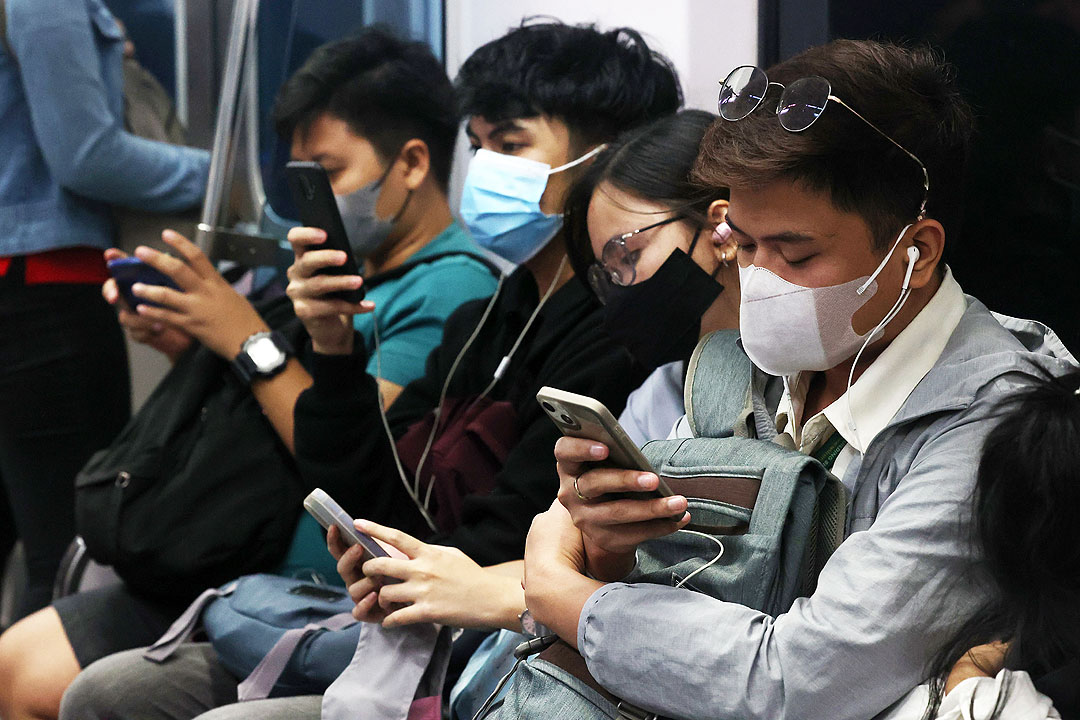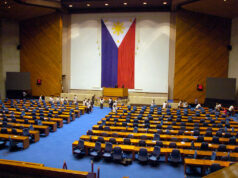SC asked to stop, void SIM card registration

CIVIC groups on Monday asked the Supreme Court (SC) to stop the government from requiring Filipinos to register their subscriber identity modules (SIM) cards, saying it violates freedom of speech and privacy.
In a 59-page petition, the group asked the tribunal to nullify the SIM Registration Act, noting that state punishment of SIM card deactivation creates a “chilling effect” on the public.
“The line, if crossed, will warp the nation from one that exercises police power for the common good of its citizens into a police state,” the plaintiffs led by National Union of Journalists in the Philippines Secretary-General Ronalyn V. Olea said.
She was joined by Bagong Alyansang Makabayan Secretary-General Renato M. Reyes, Jr., former Bayan Muna Rep. Eufemia C. Cullamat, an information technology expert, a mother of victims of the government’s drug war, fisherfolk and farmers’ group leaders, and a lawyer.
“The SIM Registration law is an overbroad law that reaches into protected freedoms and restrains free flow of ideas and information,” they said.
The law, signed on Oct. 10, requires mobile phone users to register their SIMs under their names or risk deactivation. The deadline for registration is on April 26.
The law seeks to deter text scams and other criminal activities done through mobile phones.
The groups said deactivating SIM cards would suppress civic space and effectively silence Filipino mobile phone users.
Citing a provision of the law, they raised concerns about law enforcers being given access to the database of registered SIMs through subpoenas, which they said violates their right to privacy.
About 71.95 million SIMs have been registered, or 42.82% of 168.98 million subscribers nationwide, based on data from the Department of Information and Communications Technology (DICT).
Of the registered SIMs, 35.66 million were from Smart Communications Inc., 31.03 million from Globe Telecom, Inc. and 4.95 million from DITO Telecommunity Corp.
In separate statements last week, Smart and DITO sought a 120-day extension of the registration period due to low compliance or less than 50%.
Under the law, the DICT can extend the registration process for four months.
“Every Filipino has an objective expectation of privacy over their SIM cards and the data it contains and transmits,” the plaintiffs said.
“Regardless of reason, nondisclosure results in enforced silence and the law presumes that every Filipino is a suspected criminal.” — John Victor D. Ordoñez



